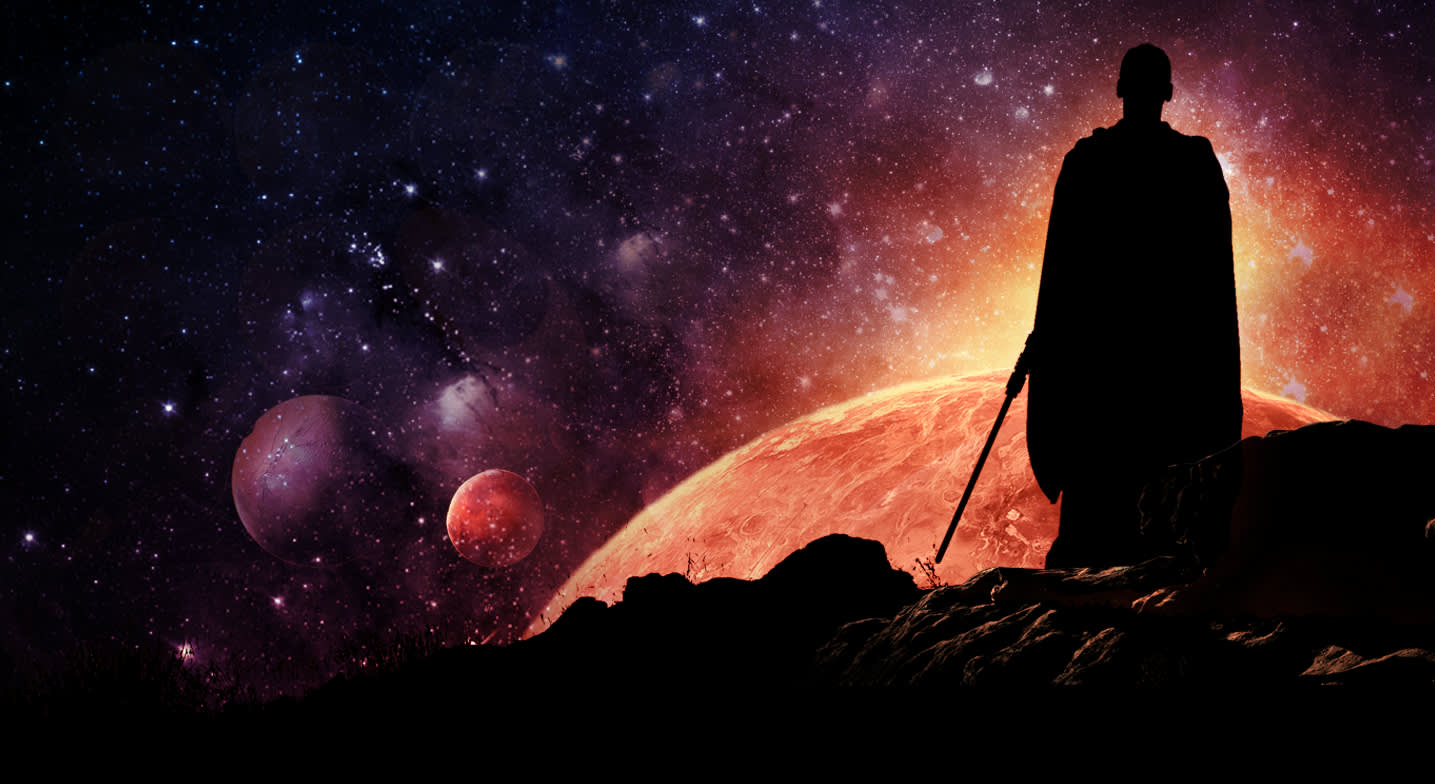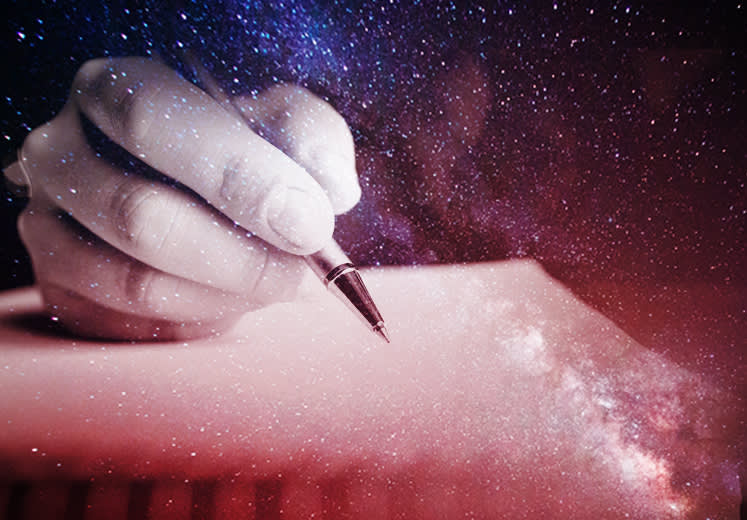It’s been nearly 40 years since Star Wars hit theaters, but thanks to the box-office success of The Force Awakens and Rogue One — and one of the most devoted fandoms ever — the appetite for new Star Wars stories is stronger than ever. Although The Last Jedi doesn’t come out until the end of the year, if you can’t wait that long for your fix, there’s another option: a slew of new novels that explore everything from Princess Leia’s time in the Galactic Senate to the inner workings of Rebel infantry.
Writing Star Wars novels sounds like a dream job for most fans, so how do you get a gig like that, anyway? Although there’s no single path, most of the authors behind the licensed books are established novelists, and they also tend to be huge fans in their own right — some even got their start by writing fan fiction.
“I’ve wanted to be a writer since I was a kid, honestly, and you’re darn tootin’ that I wrote Star Wars fanfic back then,” says Chuck Wendig, the author of . As an adult, he began scripting pen-and-paper role-playing games and eventually moved into novels, but caught his big break with an about wanting to write a Star Wars book. “As it turns out, I possessed the Force for the span of time it took to compose and post that tweet, because it worked,” says Wendig.
Claudia Gray, the author of and , also got her start as a fanfic writer before moving over to original young adult novels and, ultimately, to Star Wars books. “When I got the email that led to Lost Stars, I was honestly stunned,” says Gray.
Writing licensed Star Wars novels is a very different process from writing fan fiction. In the world of fanfic, there are no rules, but in the Lucasfilm-approved world of official storytelling, there are plenty. Some of those rules are obvious — new stories can’t conflict with old ones — while others are harder to discern.
“You can’t violate the ineffable ‘Star Wars feel,’ which is both the simplest and most difficult of rules to master,” says Alexander Freed, author of and . “It means describing a universe where absolute good and absolute evil really, truly exist, but where the space in between can be a little less clear cut.”
“You don’t declare the Force to be generated by an evil space jellyfish”
Since the Star Wars universe is shared, not just by the fans who enjoy it, but by many writers and artists working on films, novels, and comics, there’s a certain amount of care required for playing in the communal sandbox. As Freed puts it, you can’t break the toys so that no one else can play with them.
“You don’t reveal Luke’s father is ‘actually’ Han. You don’t declare the Force to be generated by an evil space jellyfish, and so forth,” says Freed. “You respect that a lot of other people are telling a lot of other stories and that those stories need space to grow and thrive. There’s basic common sense involved and the courtesy required to work in a shared universe.”







